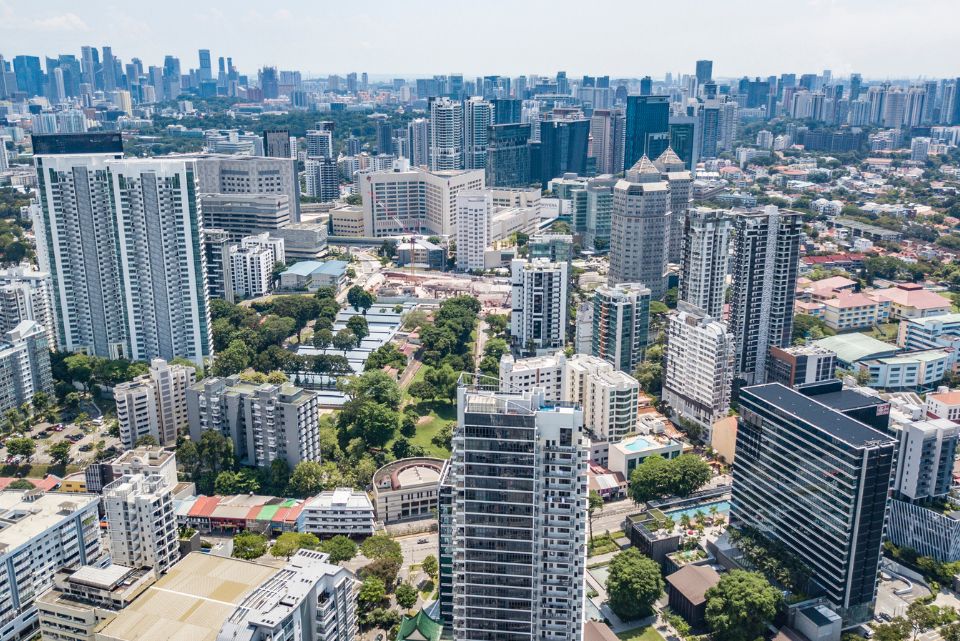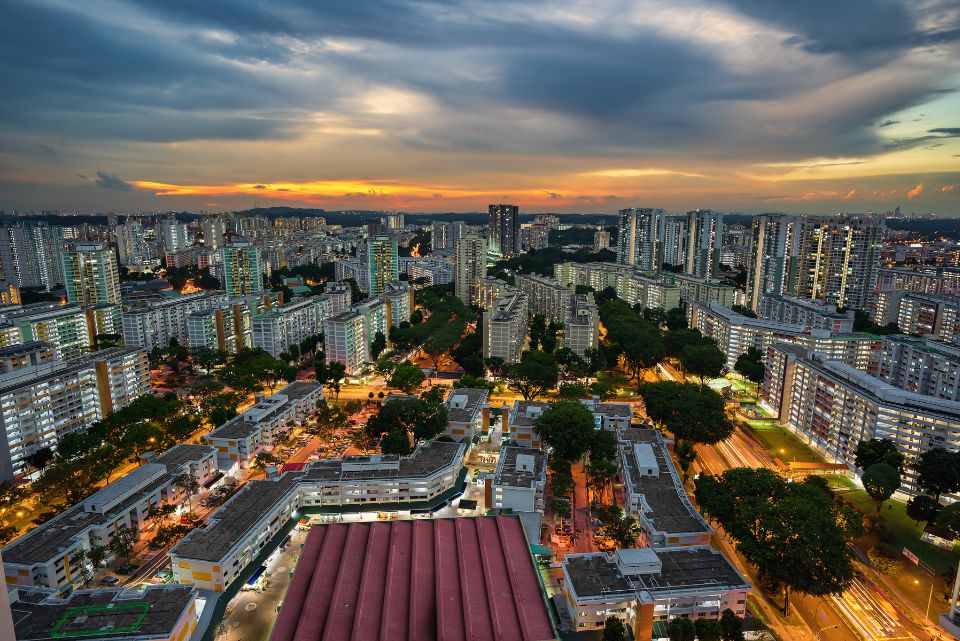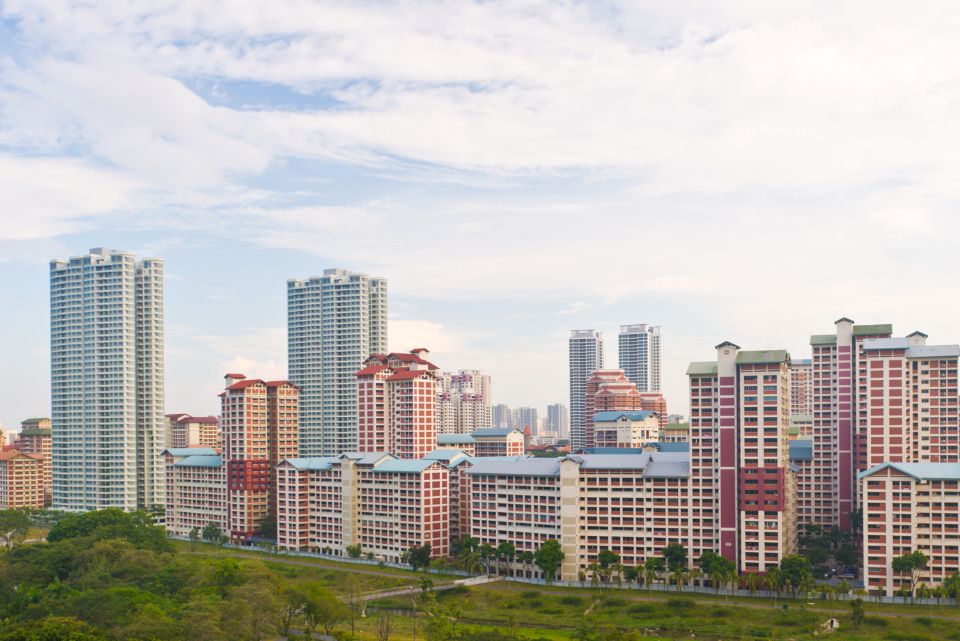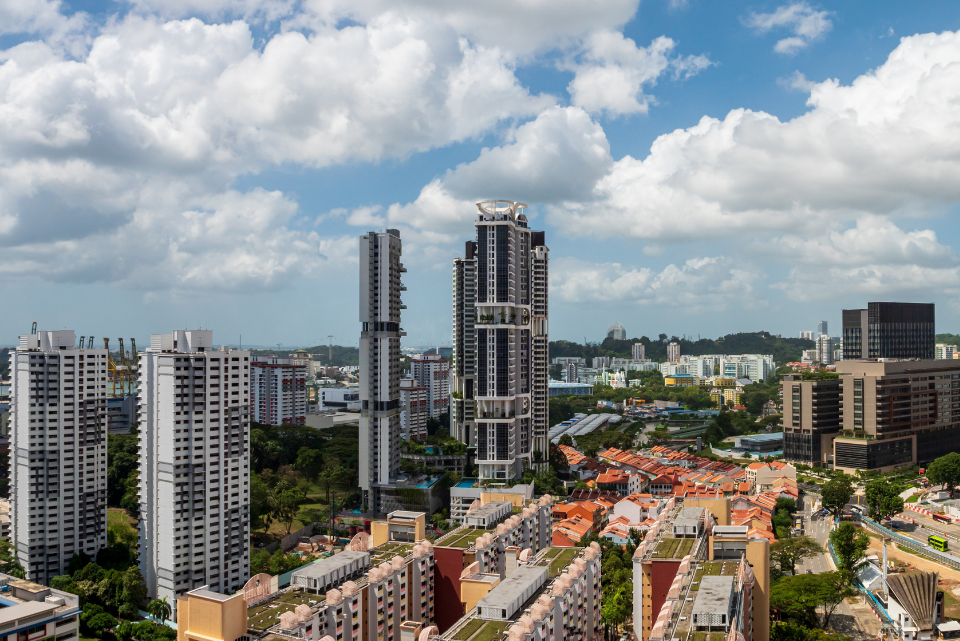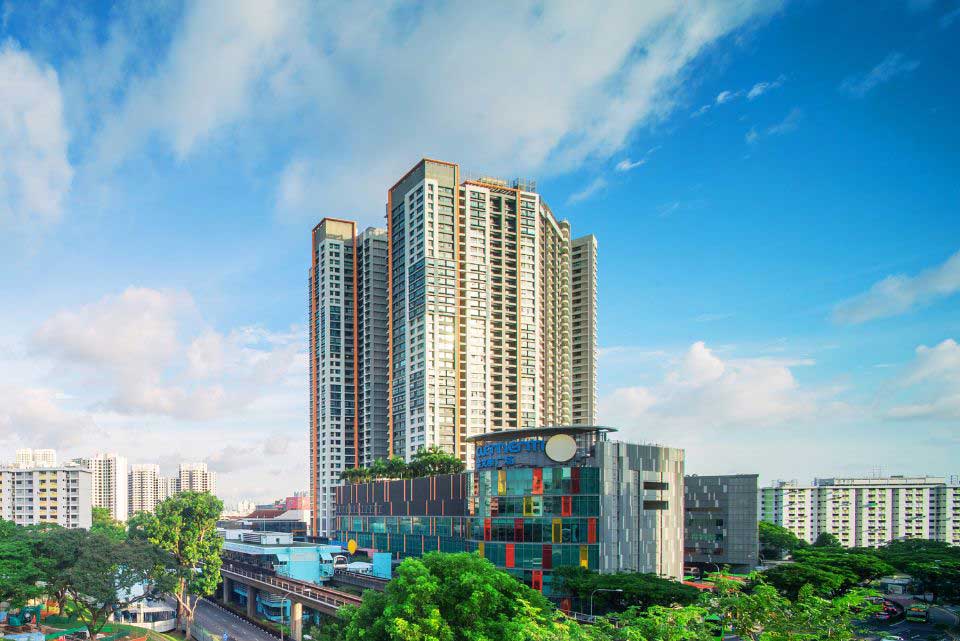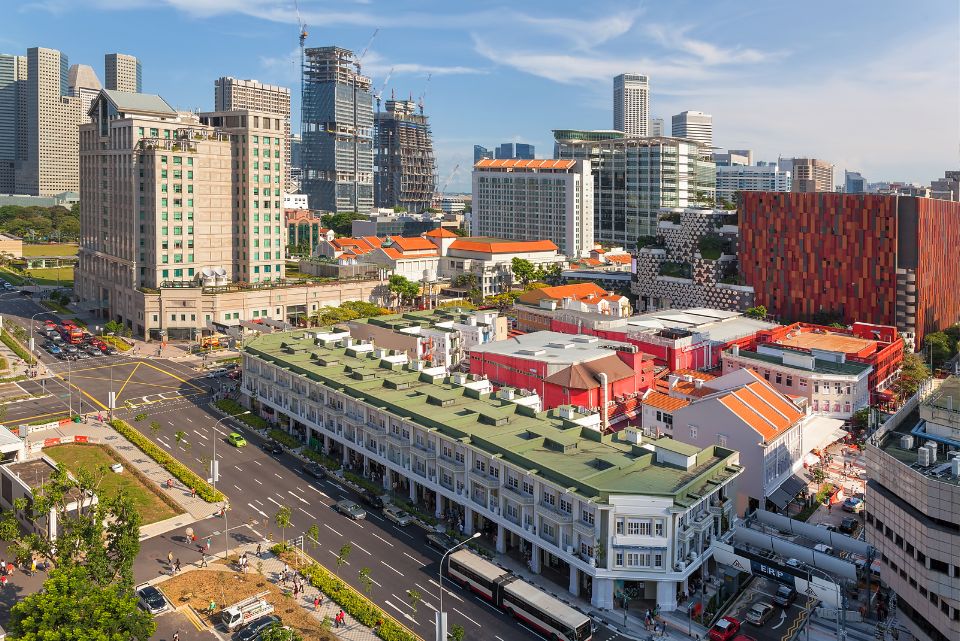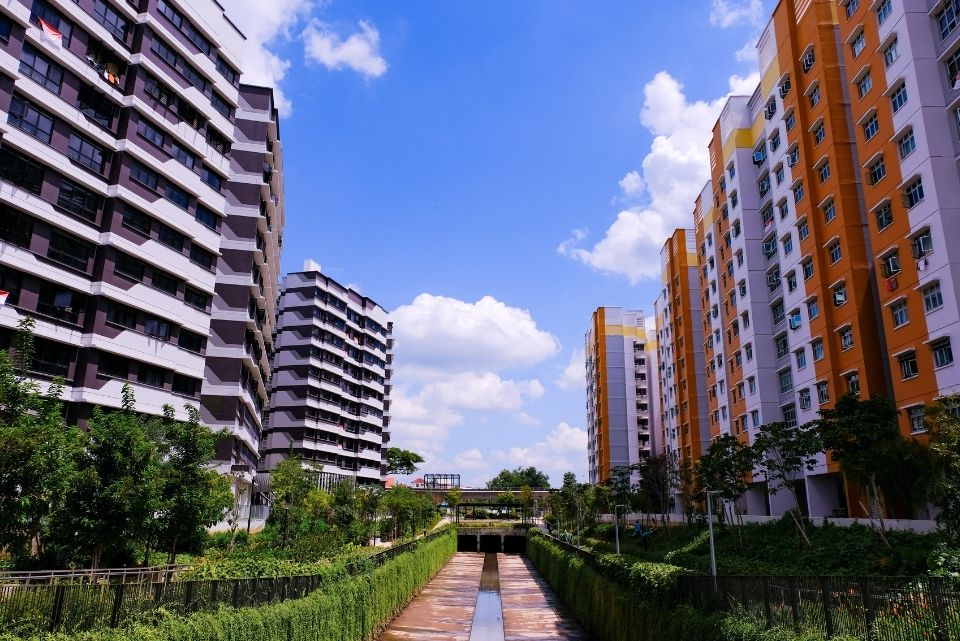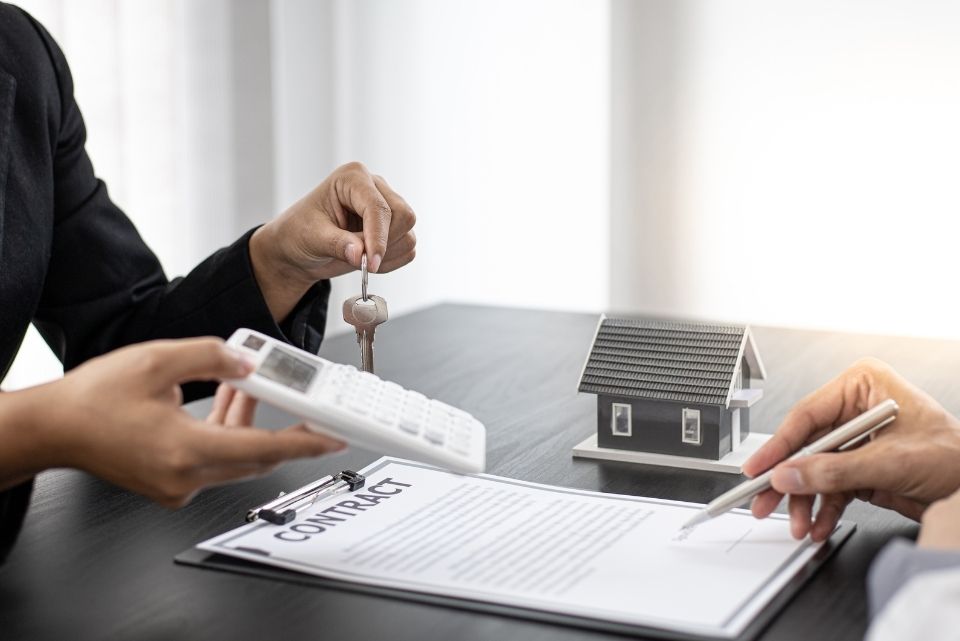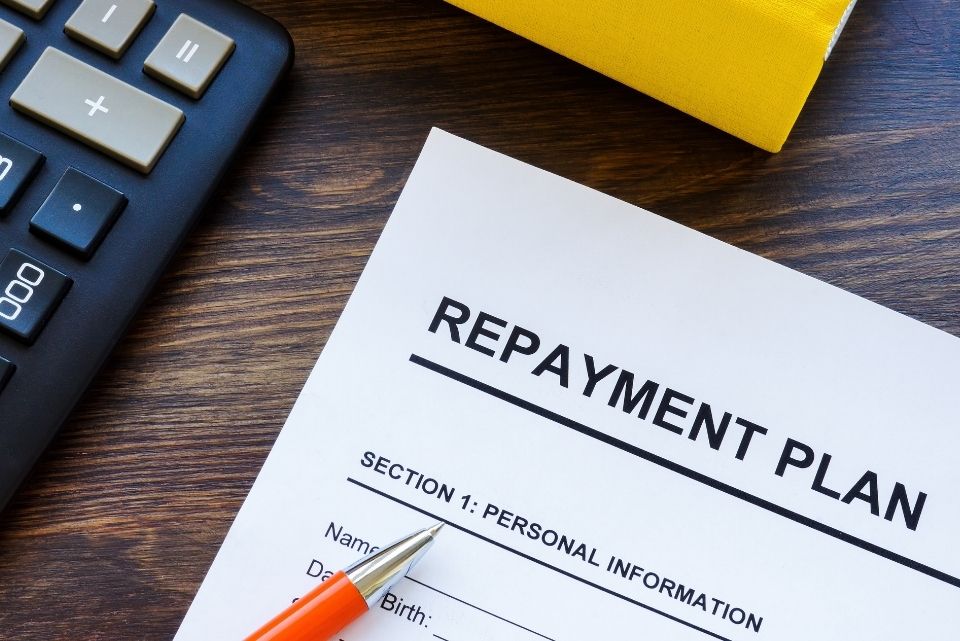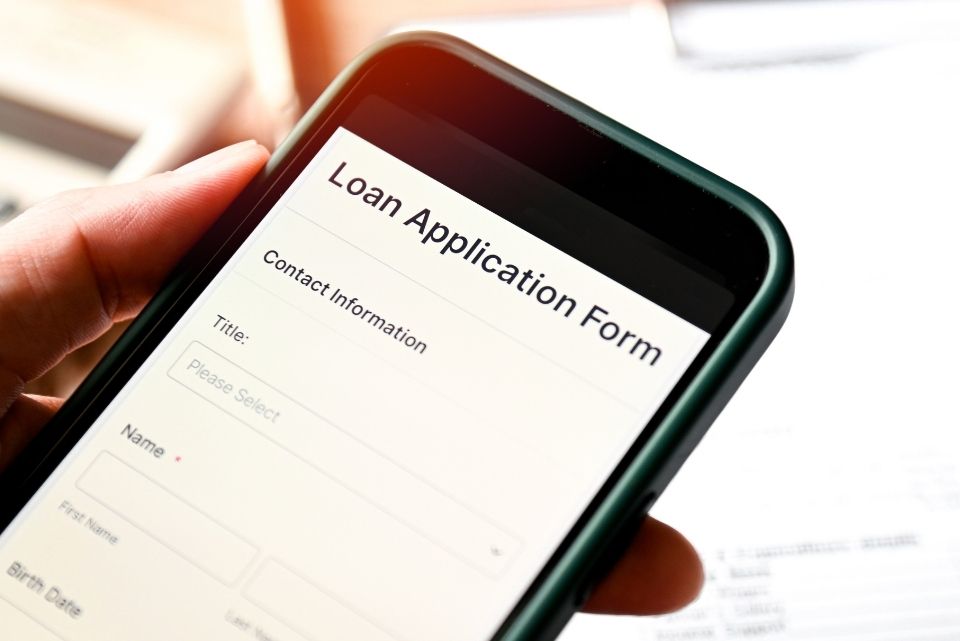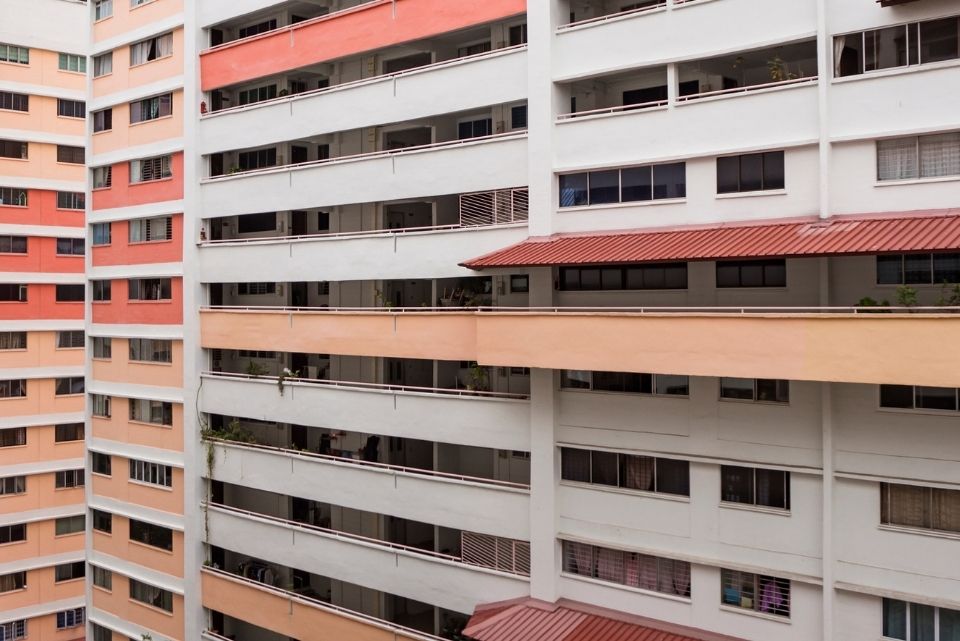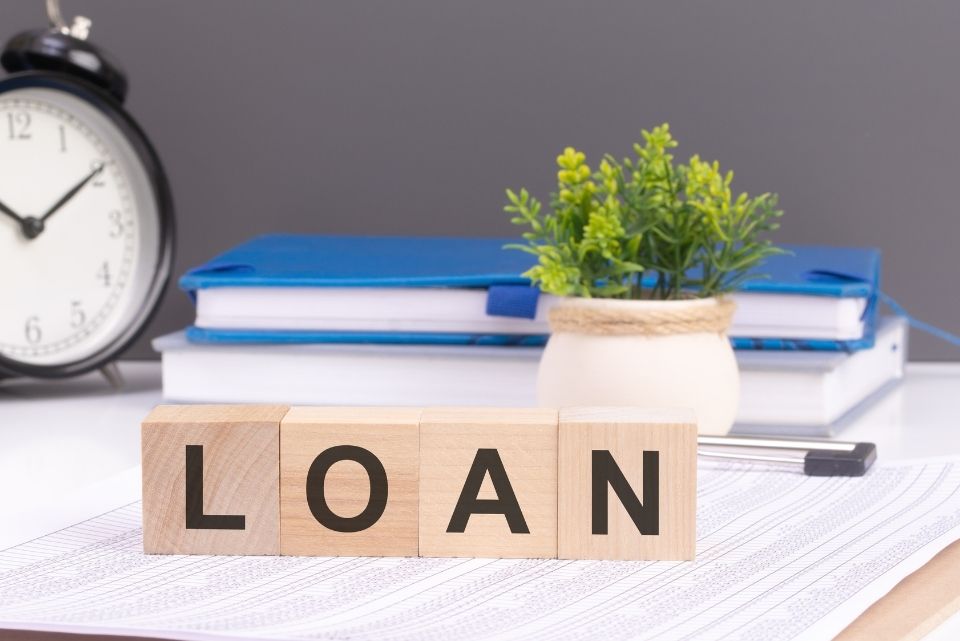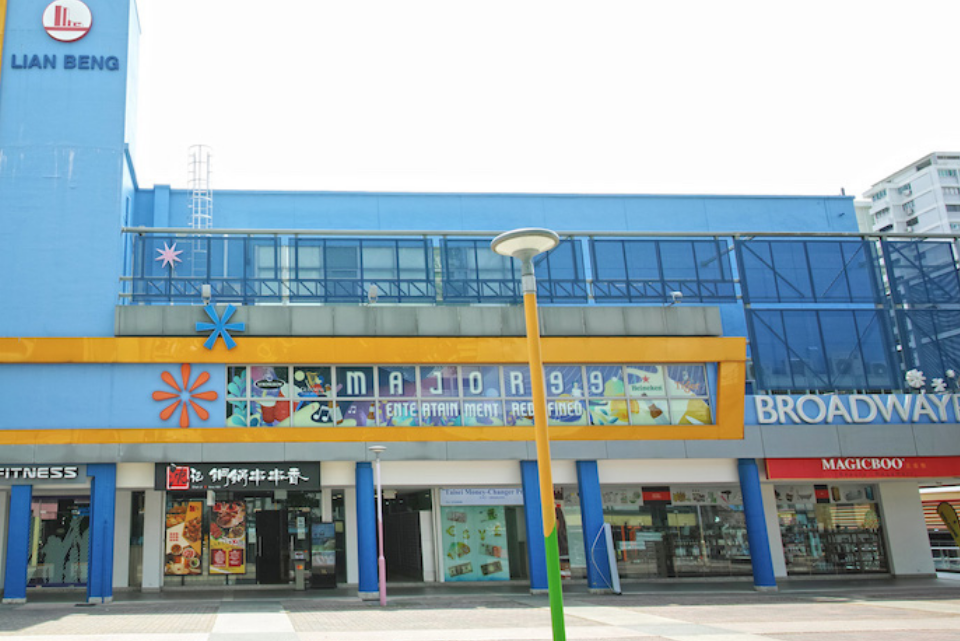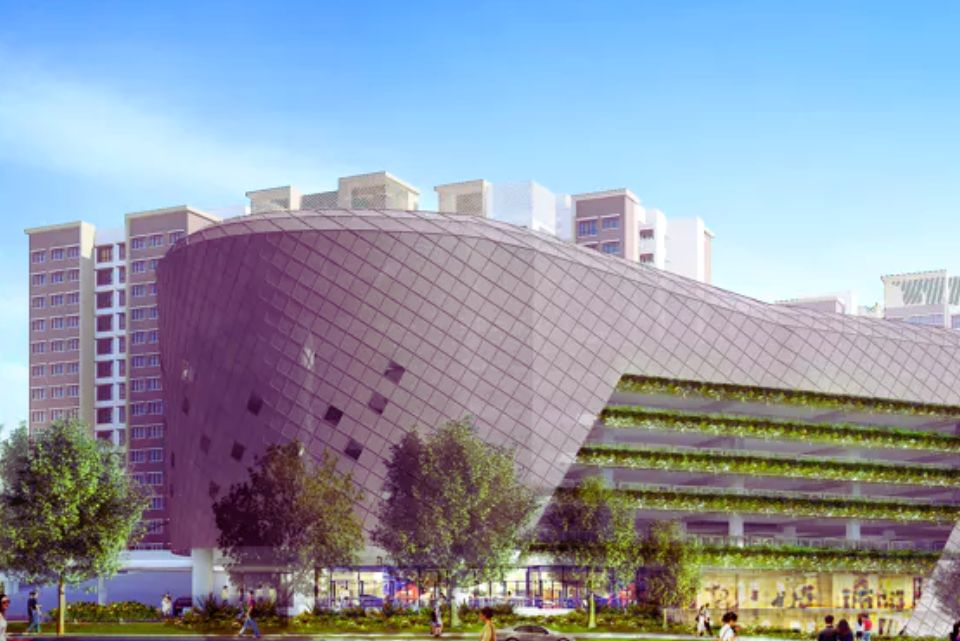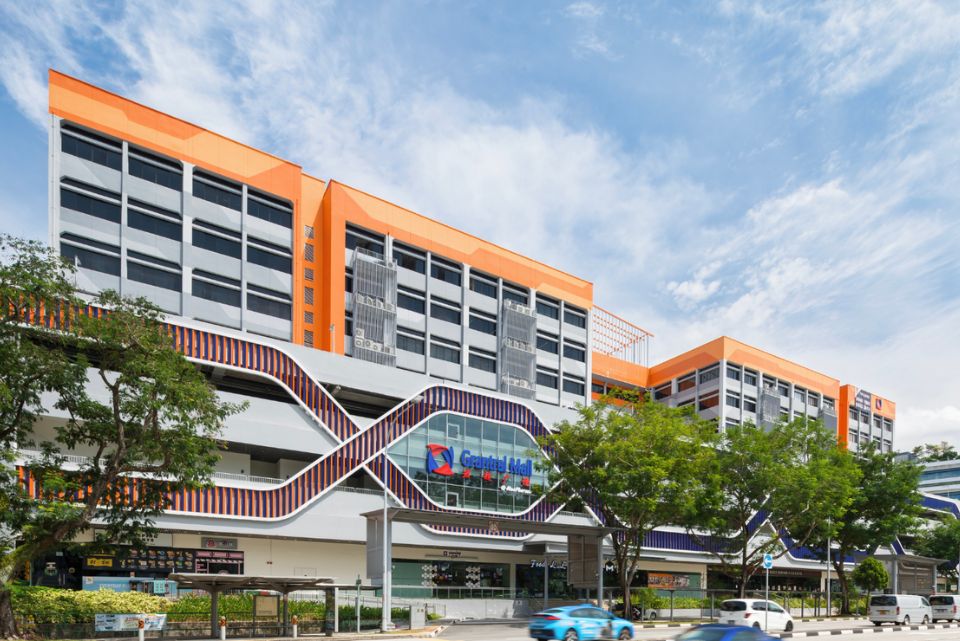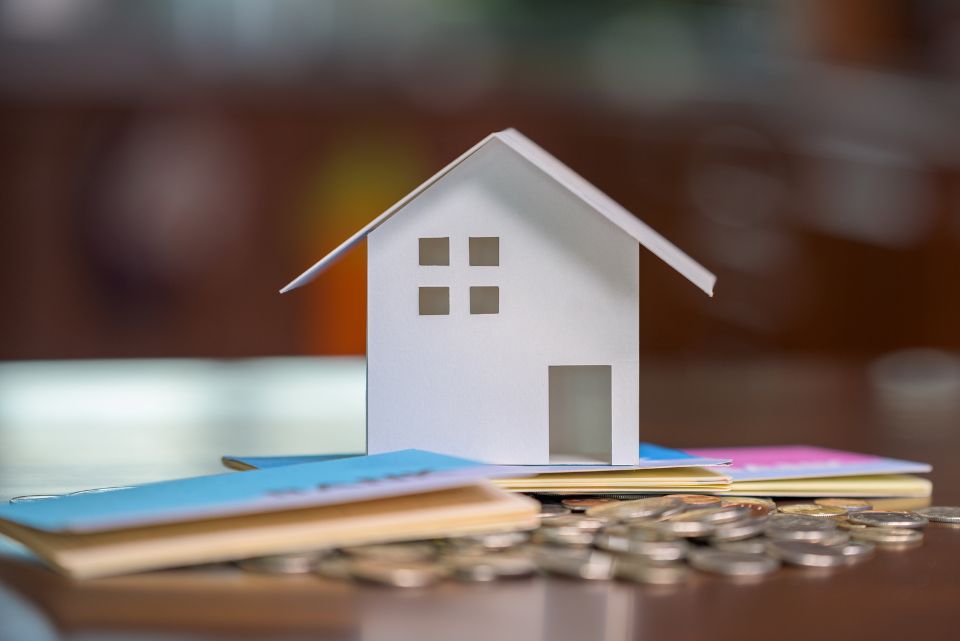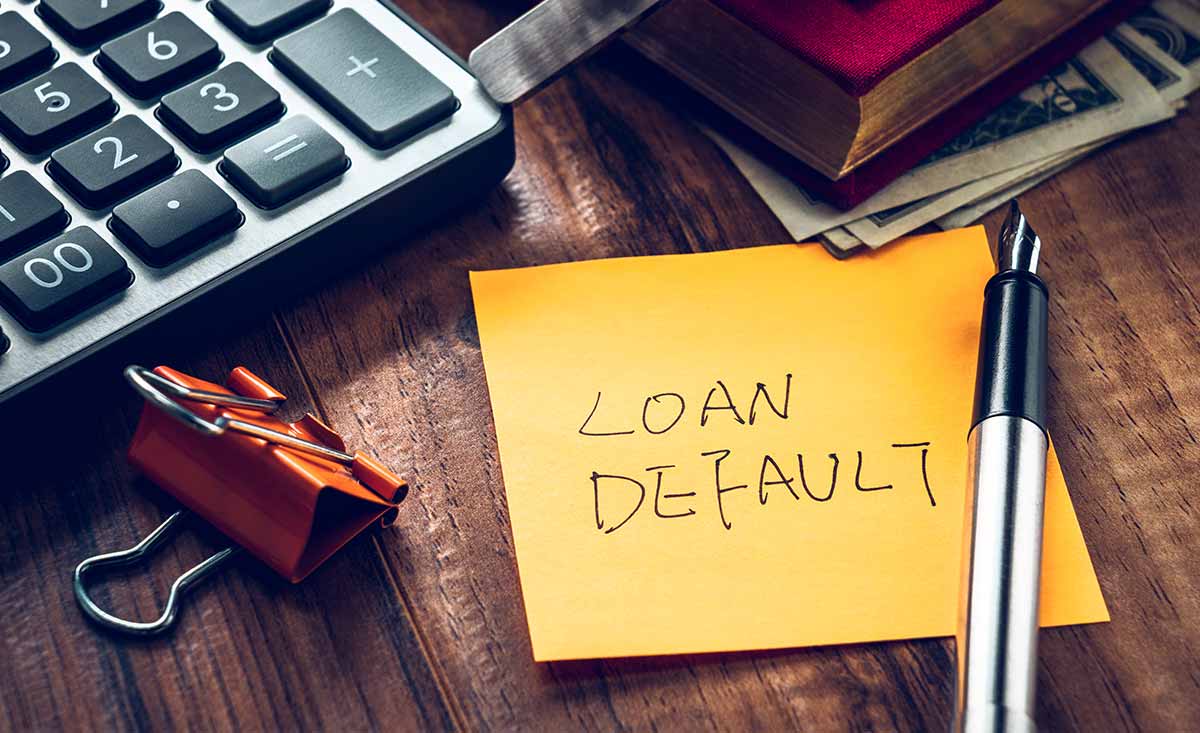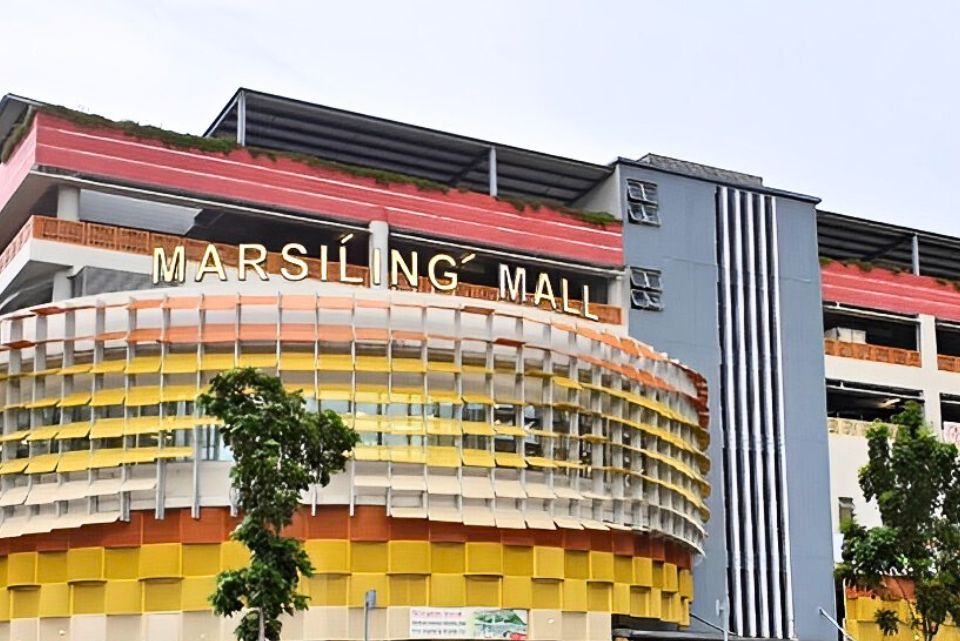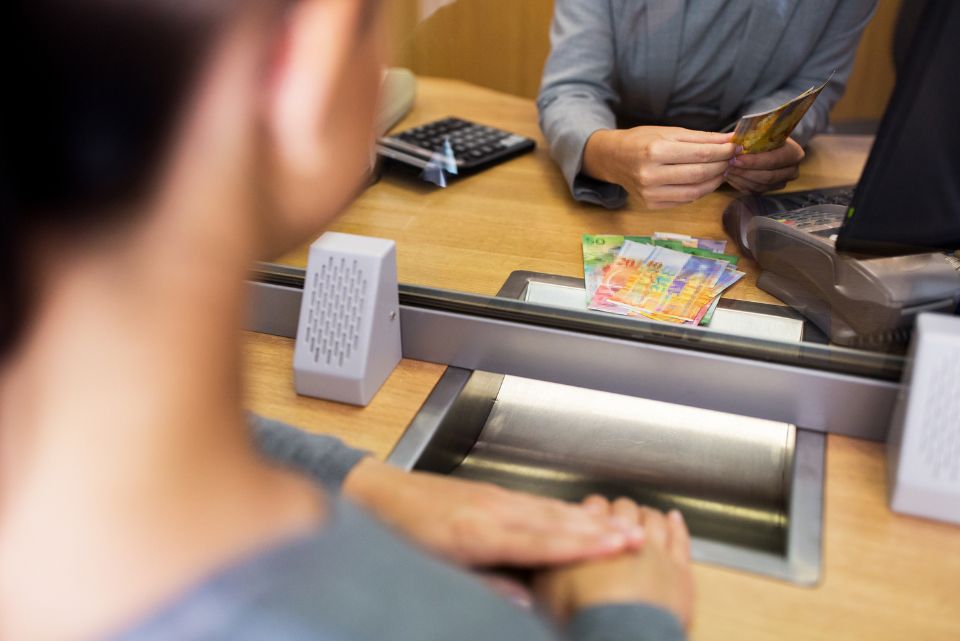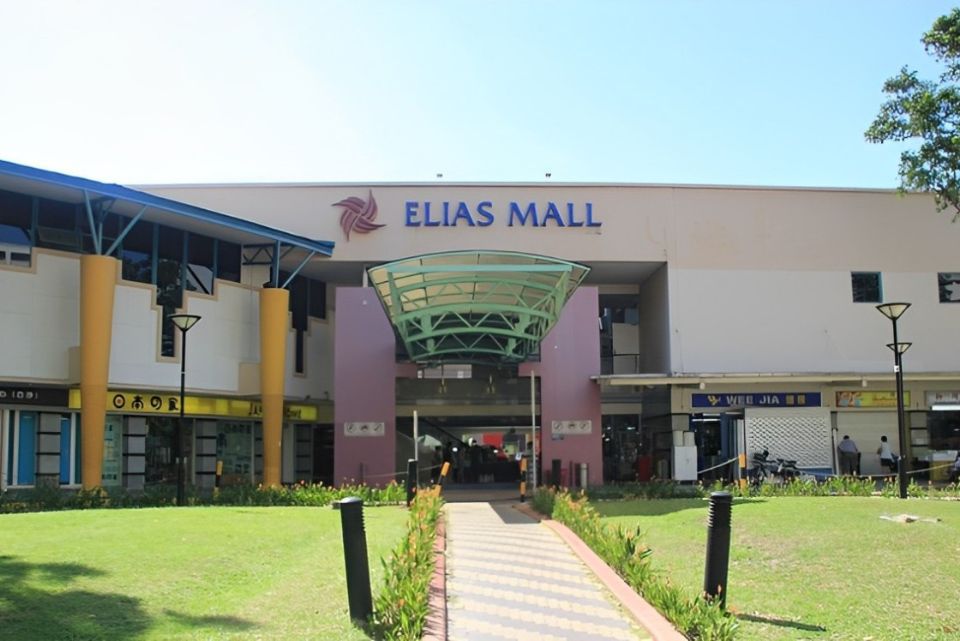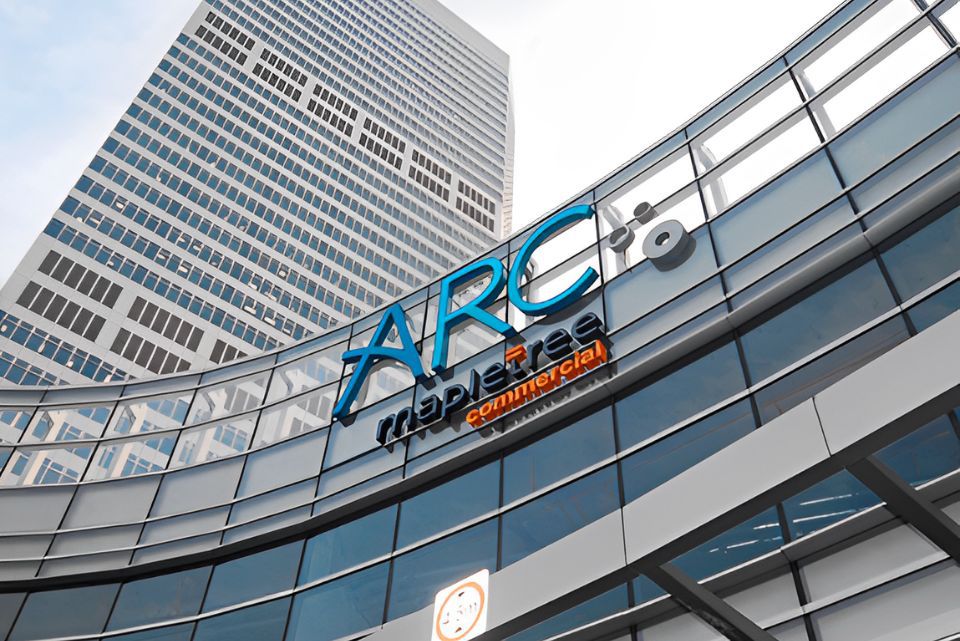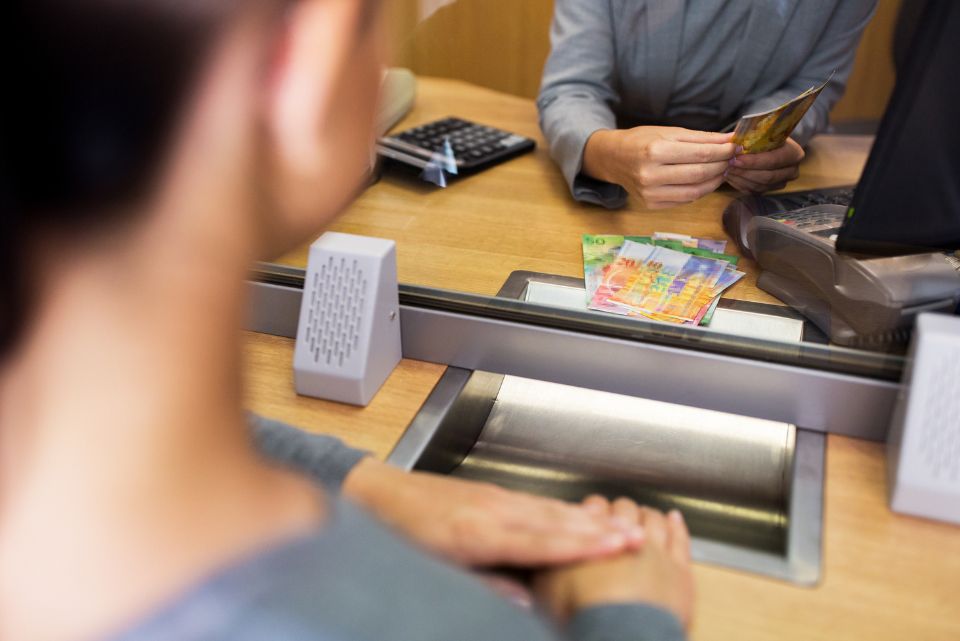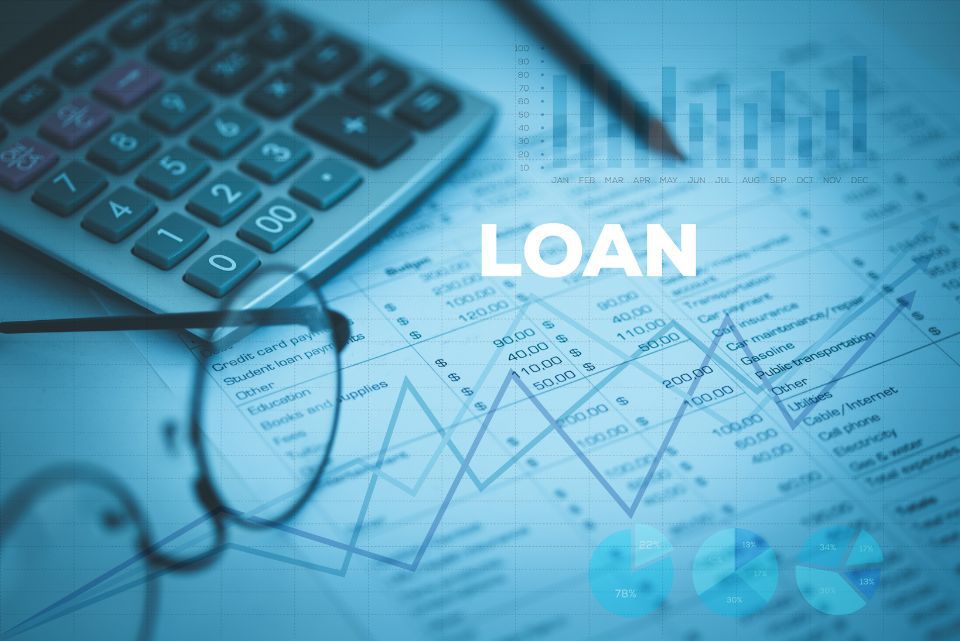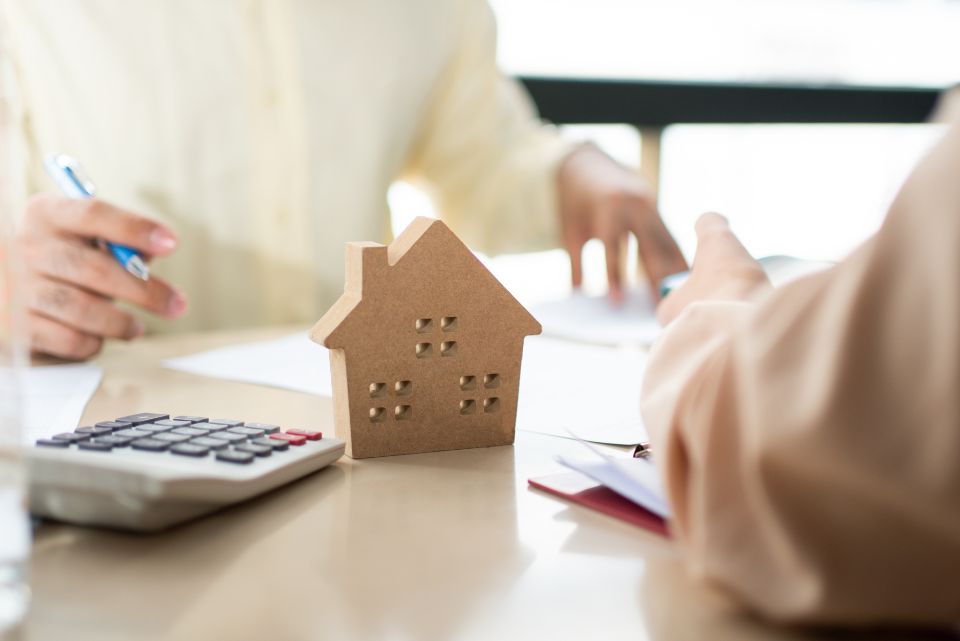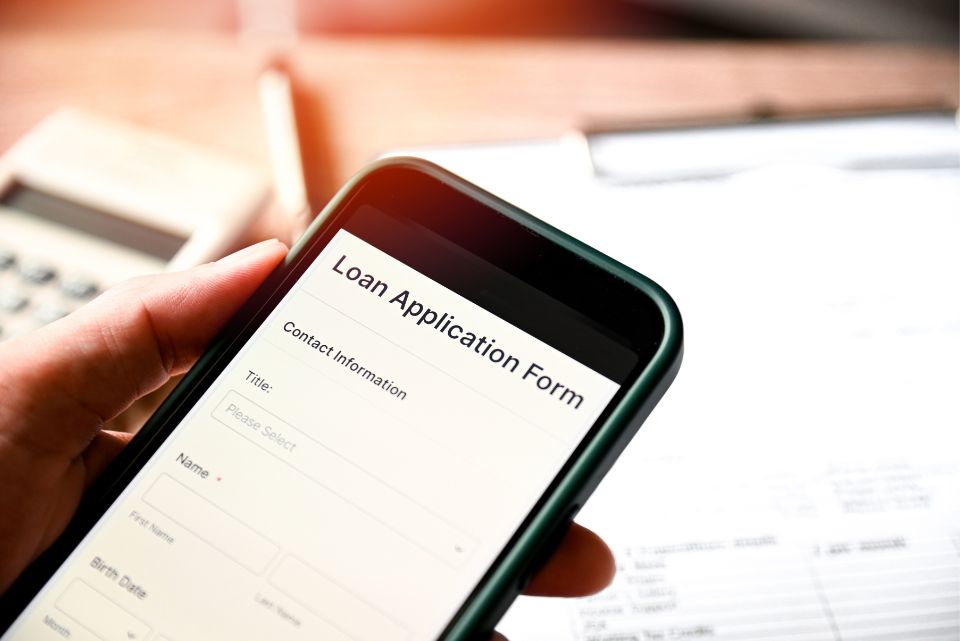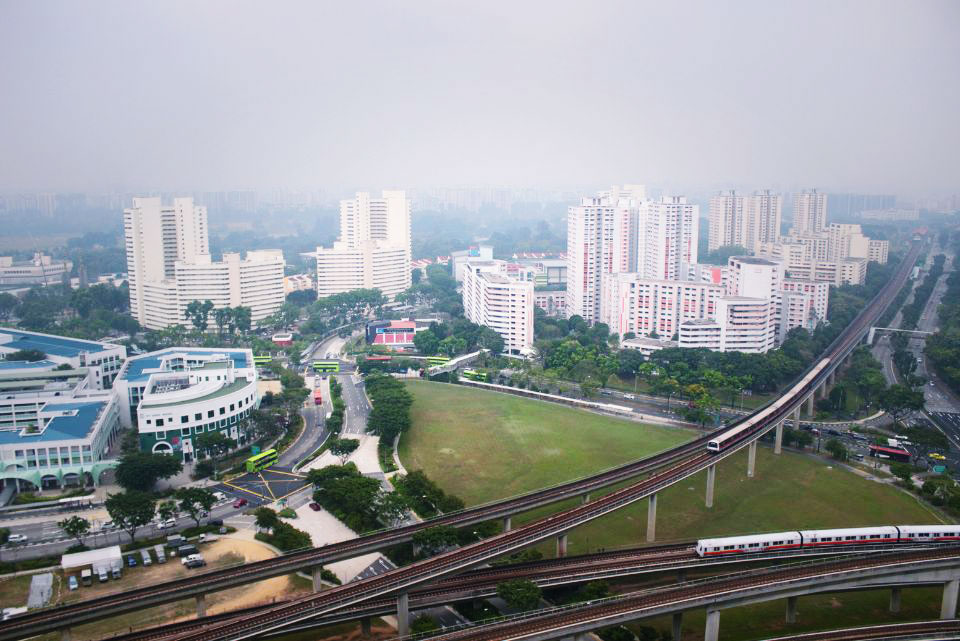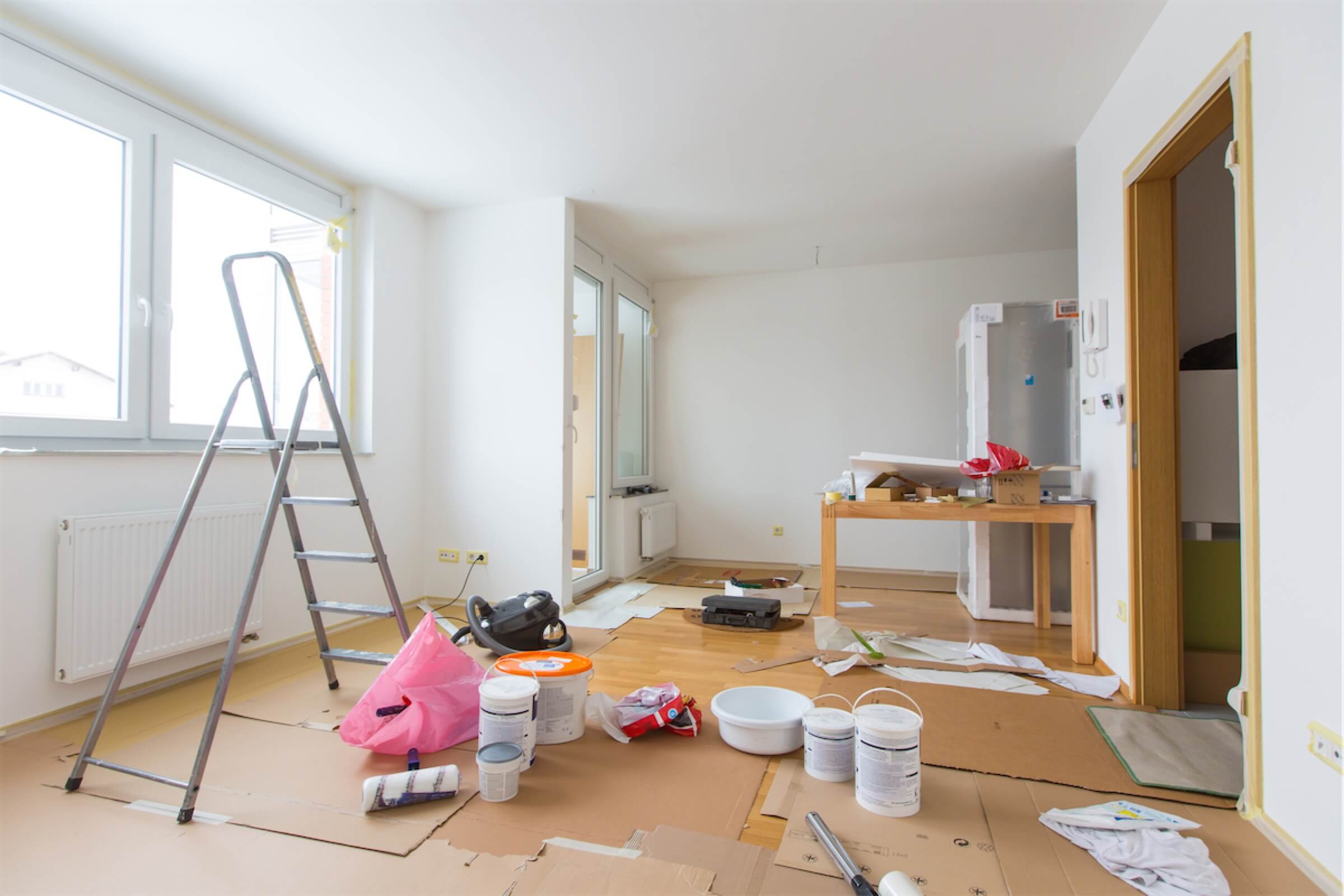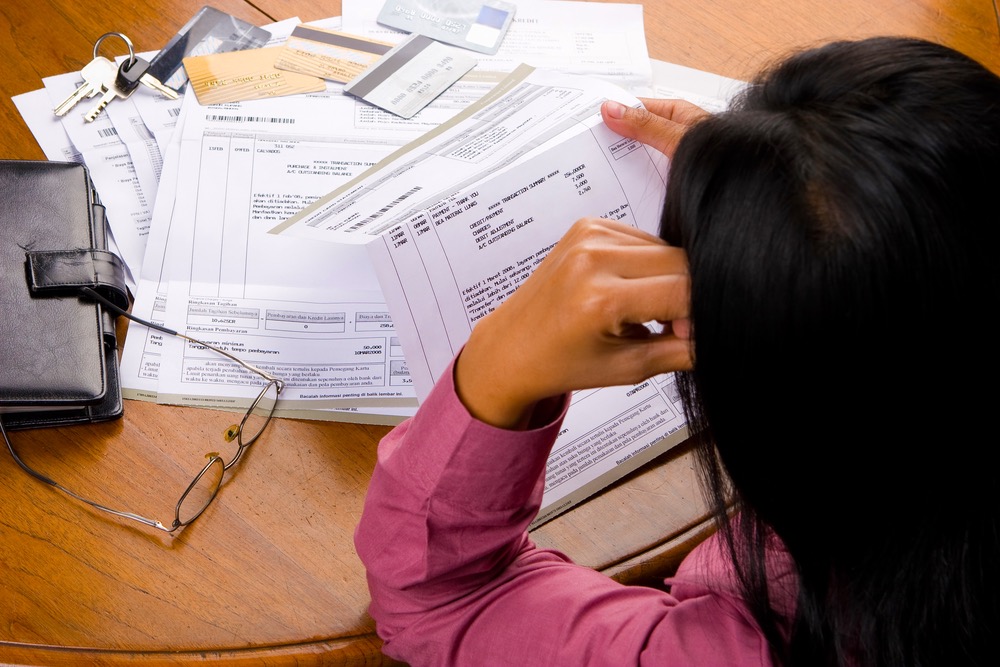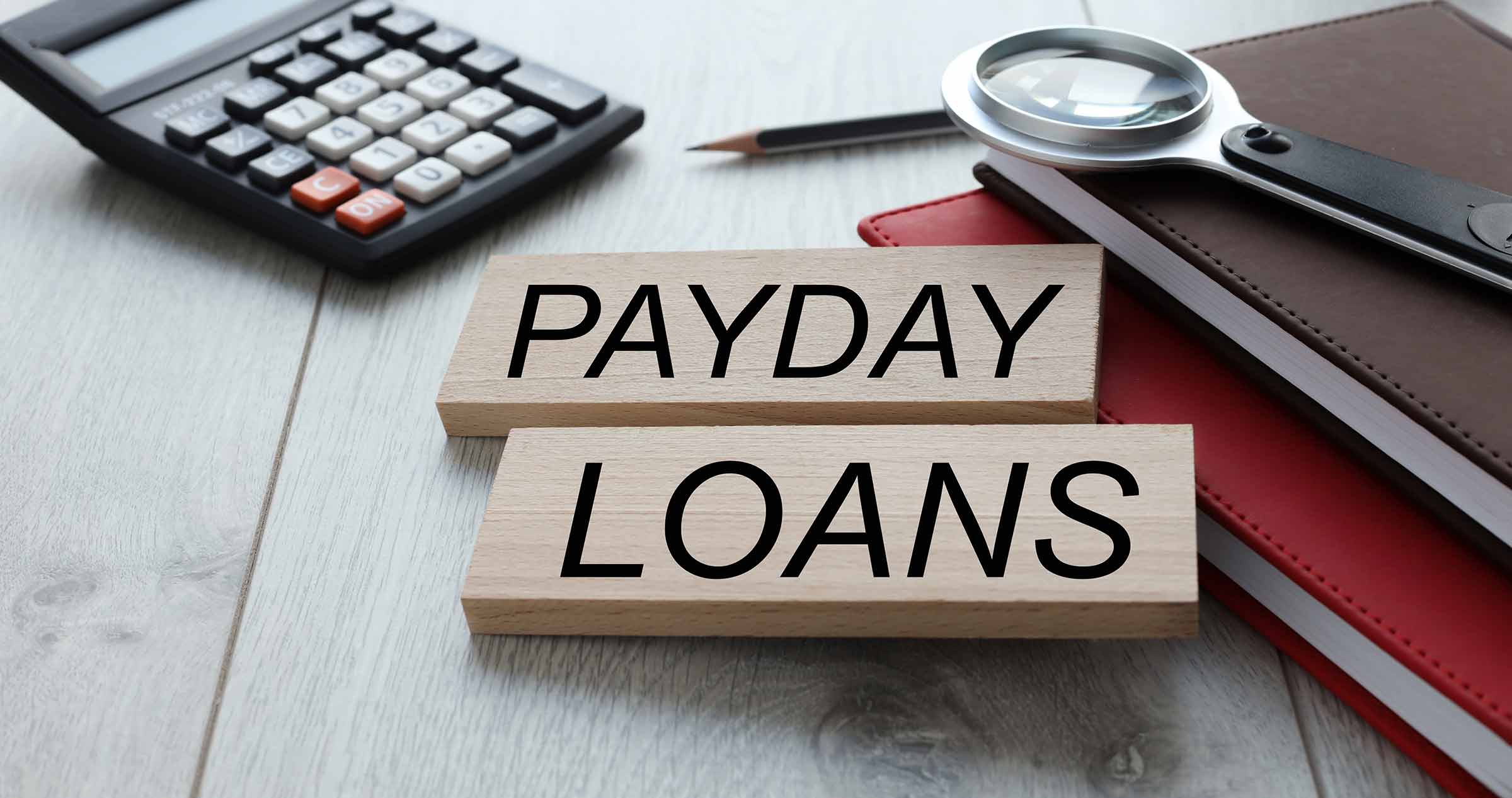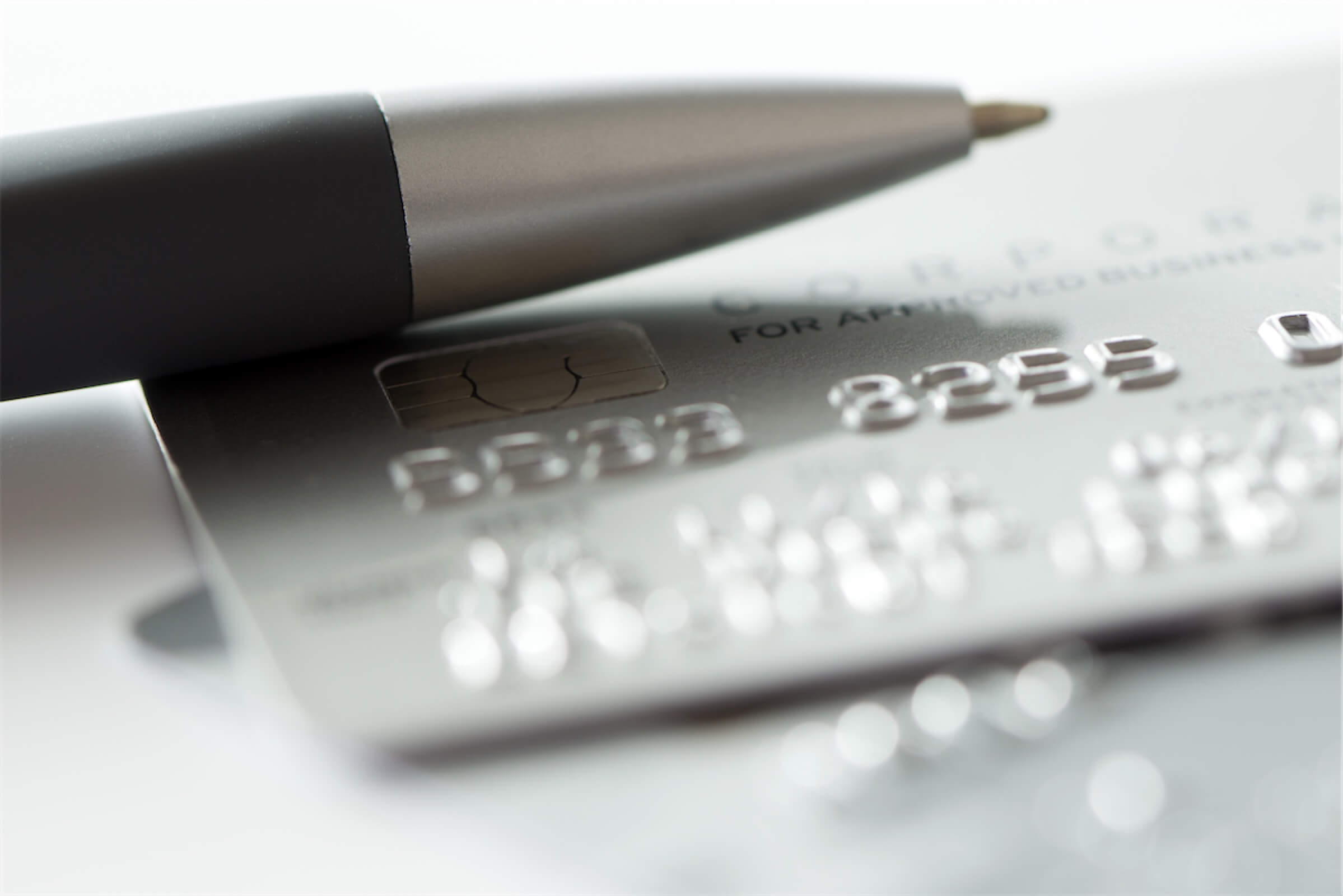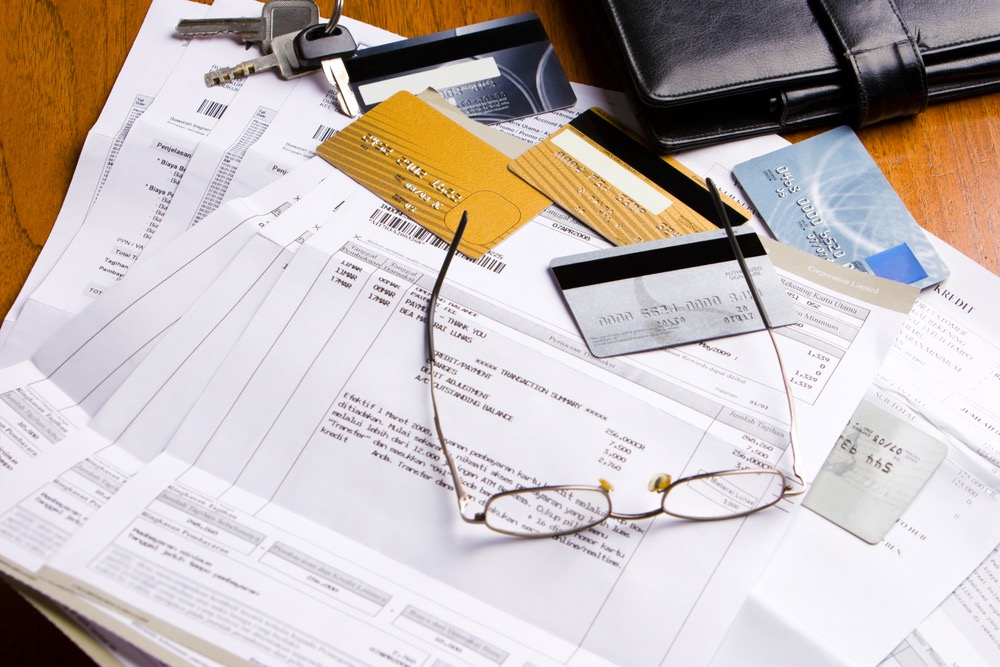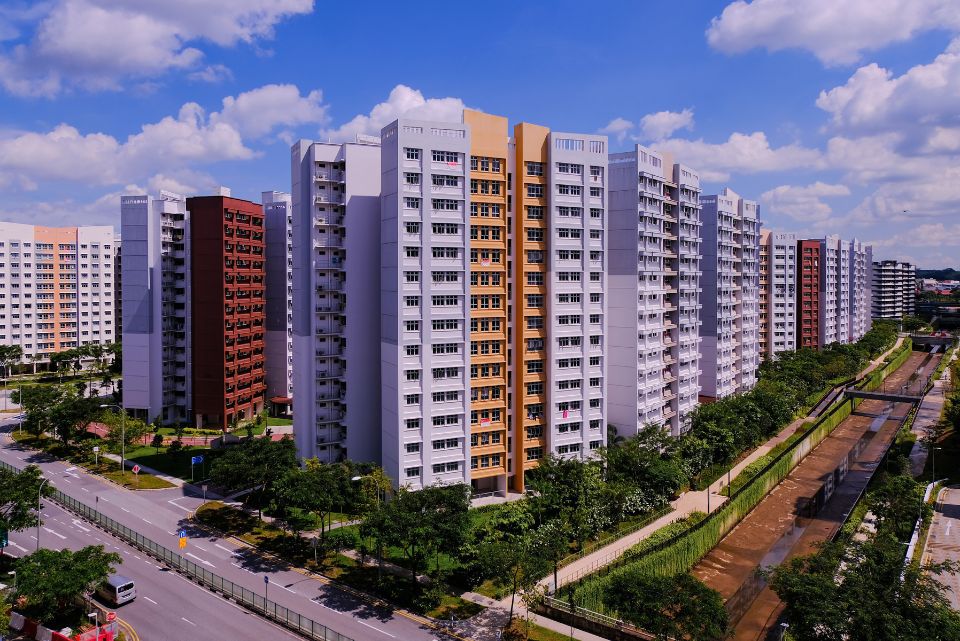
Do you have any renovation plans for this year? If so, the Housing and Development Board (HDB) may require you to secure an HDB renovation permit. You need to secure this permit to guarantee that your renovation project is safe and complies with the current regulations. Also, this will ensure your safety during the renovations, as well as the safety of your neighbours.
You might not be familiar with the procedure if this is your first time requesting a renovation permit. Don’t worry, we’ve created this guide to help you understand Singapore’s HDB renovation permits.
What Is An HDB Renovation Permit?
Obtaining HDB renovation permits are required before starting any renovation work. These are written approvals from the Housing and Development Board, a requirement to ensure that your renovation plan won’t risk your flat’s structure. Additionally, this will also guarantee that all renovations adhere to safety regulations. Additionally, this will also guarantee that all renovations adhere to safety regulations.
Without this permit, renovation work may compromise the structural integrity of your flat. This may pose a risk to your flat as well as to your neighbours.
In addition, if you do not have a renovation permit, HDB may treat your home improvement work as an unauthorised one and may ask you to restore your flat to its original structure. As a result, you may be required to obtain this permit for any renovation projects you need to complete in your apartment.
When To Secure A Renovation Permit?
HDB renovation permits are needed to secure prior to any home renovation works .Here are common scenarios where you may need to apply for a renovation permit:
Replacing your flooring
Permits are required for any floor replacements, including raising or removing the old flooring.
In addition to getting a permit, it’s important to follow certain rules. In particular, the height of the new floor finish cannot be greater than 5 centimetres. The space between the floor and the window must remain at least 1 metre, even if you are raising the floor.
Wall Hackings
Removing walls to create an open-plan area needs careful consideration. It may not be a good idea to remove load-bearing walls since they offer structural support. Check your flat’s floor plan to find which walls are most important.
Non-structural walls may be removed, but only with approval and after a thorough evaluation. It is necessary that wall removal may start at the ceiling and move downward for safety reasons.
Changing Staircases
Executive maisonette owners are able to modify the standard staircase rails provided by HDB, but this requires obtaining permits from both the Building Construction Authority (BCA) and the HDB.
To proceed, you need to hire a qualified engineer to draft a design that will be presented to BCA for approval. The design needs to be submitted to HDB for the issuing of the required HDB renovation permit after it has been authorised by BCA.
Replacing Windows
If you plan to replace your windows, you are required to secure a permit. After obtaining the permit, you must adhere to HDB regulations. You have to consider size restrictions and make sure your replacement windows look like the ones the HDB provided. Casement windows can only be 50 to 70 centimetres wide, but sliding windows can be as wide as 50 to 120 centimetres.
The HDB has to approve the grille designs for balconies and service yards, and they must match the permitted designs that are included on the fact sheet that came with your keys. For security reasons, HDB has established rules and guidelines even if windows can seem like a simple component. These rules must be followed to avoid accidents like a window falling from a tall structure and injuring someone because safety precautions were disregarded.
Bathroom Renovations
For the first three years, BTO apartments’ bathroom floors and walls cannot be changed or replaced. This limitation was carried out to provide the HDB-installed waterproofing membrane some time to settle and prevent any potential water leaks.
After these three years, you can apply for a renovation permit if you wish to change the tiles. There are certain restrictions to be aware of, though: wall finishes cannot be thicker than 2.5 centimetres, and floor finishes cannot be thicker than 5 centimetres overall.
Please note that large bathroom accessories like shower trays, deep bathtubs, spa pools and shower screens are likewise prohibited. See a Public Utilities Board (PUB) Authorised Plumber for comprehensive guidance on the specific regulations and restrictions that pertain to your bathroom repair project.
Water and Sanitary Plumbing
A permit is needed for the removal of a wash basin, but not for its replacement or repair. Repositioning your kitchen sink follows the same rules.
As of 1 April 2018, Public Utilities Board (PUB) Licensed Plumbers are required to perform all intensive plumbing work. This is crucial information to know. This covers jobs like encasing pipes, hiding pipes within walls or floors, diverting washbasin waste pipes, installing or replacing toilet pans and replacing water pipes.
Please see here for an extensive list of plumbing works.
Gas Works
For all gas work, you need to hire a gas service professional licensed by the Energy Market Authority (EMA) to ensure the safe and legal handling of gas-related work. These works include gas riser pipe encasing, moving the gas metres, removing a gas branch pipe or installing gas cookers or water heaters.
Please be aware that this is not a comprehensive list and that any gas work done in your home must be done by an Energy Market Authority (EMA) Licensed gas service worker.
Electrical Work and Air Conditioner Installation
If your renovation requires electrical work and air-conditioner installation, an approval may needed and you need to engage with a licensed professional. For electrical work, you may need to work with an EMA licensed electrical worker.
Furthermore, a BCA-trained installer is needed for air conditioner installation. Following installation, you must submit an SP Services form and an installation report to HDB.
How To Apply For An HDB Renovation Permit In Singapore?
To speed up the process, the application for a Housing & Development Board (HDB) renovation permit is completed electronically utilising the “Application for Renovation Permit via Electronic Transaction” (APEX) system on the HDB InfoWEB.
To adhere to HDB guidelines and successfully granted for a permit, you may need to take the following steps:
1. Submit a Detailed Plan
Work only with a licensed professional to draft a detailed renovation plan. This plan must include specifications and drawings for the suggested modifications.
2. Get Approval
You may need to notify and obtain permission from your neighbours to avoid any potential conflicts.
Moreover, to ensure compliance with the current guidelines, all plans must approve by HDB.
3. Selecting a Licensed Renovation Contractor
Only work with a renovation contractor who is registered with HDB. They are knowledgeable with HDB rules and will make sure your renovation complies with the guidelines.
4. Submission of Your Application for Renovation Permit
Your chosen contractor will use the HDB InfoWEB to apply for a renovation permit on your behalf. Your detailed plans must be submitted with the application, together with any further supporting documents that HDB may require.
Required Documents for Application:
- Scaled floor plans in 2 copies
- Signatures of all flat owners
- A detailed list of the necessary renovation works
How Long Does It Take To Approve Your HDB Renovation Permit?
An HDB renovation permit usually takes three weeks or less to be approved. You can be approved sooner if your renovation plan does not include any modifications, such as wall removal or the replacement of plumbing fixtures.
To avoid any delays in your renovation project, it is strongly advisable that you submit your application well in advance rather than waiting until the last minute.
After granting your permit, HDB will indicate when you must finish the renovations. For recently finished Build-To-Order apartments, you have three months from the date of the permit’s issuance to complete the project. Your deadline is a month from the date the permit was issued if your flat is an older resale unit.
How to Monitor Your HDB Renovation Permit Application Status?
It’s important to keep updated on the status of your HDB renovation permit application after submitting it. To find out the status of your application, simply follow these steps:
- Go to My HDB Page: To view your unique My HDB Page, log on to the HDB InfoWEB. This web-based portal provides homeowners with a wealth of information on their apartments.
- Open My Flat by navigating to the “My Flat” menu and choosing “Purchased Flat.” This will take you to a place where you can take care of your flat in different ways.
- Click Renovation: Select the “Renovation” tab from the “Purchased Flat” section. You may get information about all of your previous and ongoing renovation applications here.
- Check the Status of Your Application: The current progress of your permit application will be plainly visible in the “Renovation” section. It will be visible to you whether it is still being reviewed, authorised, or whether more information is required.
Discover also: Financing Your Home Renovation: Personal Loans In Singapore, Renovation Loans, And More
Planning For a Flat Renovation?
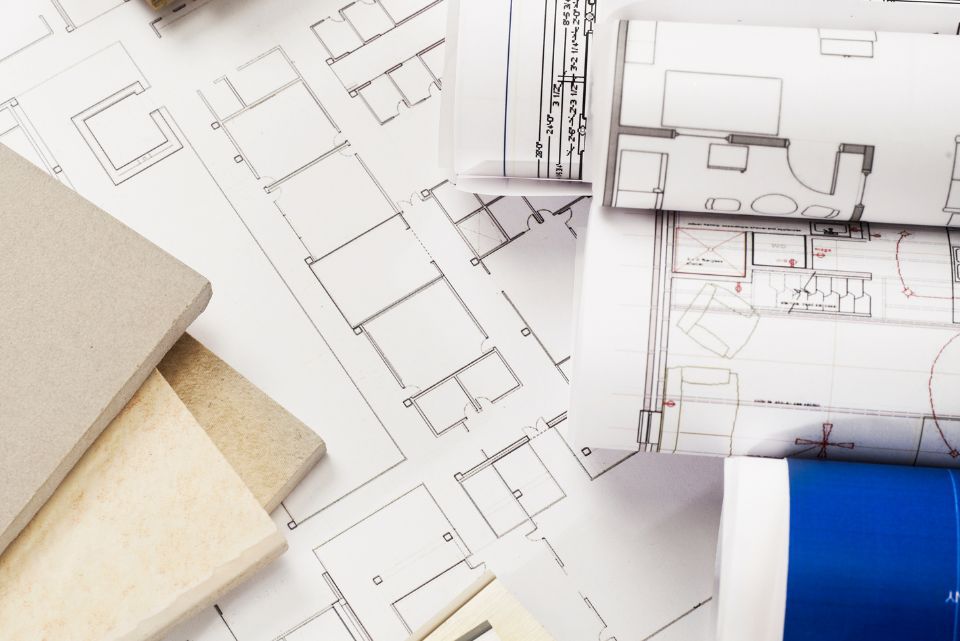
For any renovation works, it is essential that you secure an HDB renovation permit. This can help you carry out safe renovation work that can avoid potential accidents, keeping you, your family and your neighbours safe throughout the renovation process.
Moreover, Applying for a permit may require you to engage only with an HDB-approved contractor as they will submit the form on your behalf.
Also, it is important to note that renovation projects may require a significant amount of money. However, if you lack funds, do not worry as you can apply for the best personal loan to successfully complete your dream renovation project. Apply for a quick loan today!



